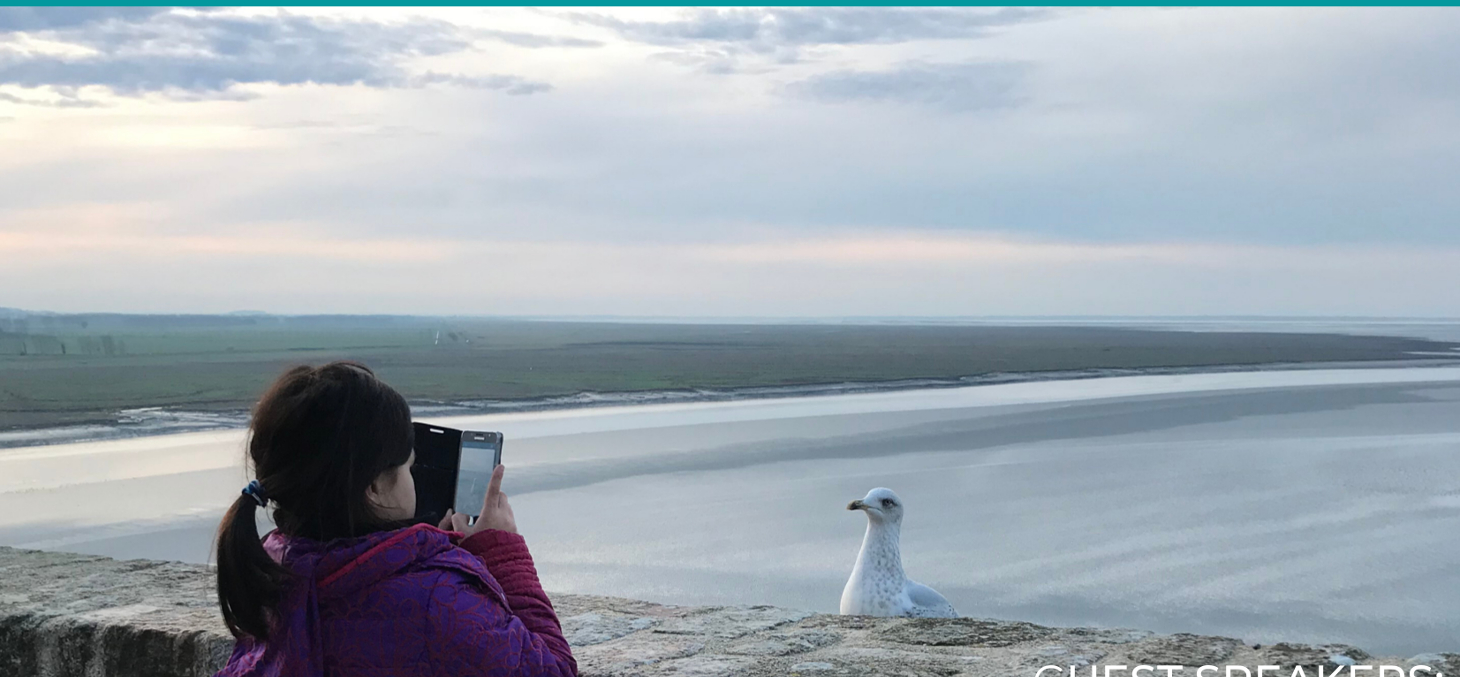- Imprimer
- Partager
- Partager sur Facebook
- Partager sur X
- Partager sur LinkedIn
Colloque / Recherche
Du 19 novembre 2020 au 20 novembre 2020
Saint-Martin-d'Hères - Domaine universitaire

Ce colloque international est co-organisé par Marie Mianowski, Christine Vandamme de l'ILCEA4, Maëlle Jeanniard du Dot (Université Rennes 2) et Nathalie Sebbane (Sorbonne-Nouvelle).
Ce colloque s’inscrit dans un cycle de séminaires organisés durant l’année universitaire 2019-20 à l’Université Grenoble Alpes dans le cadre du projet IDEX HOMES (HOsts Migrations Exchanging Stories) porté par Marie Mianowski.
► HOMES PROJECT BLOG : https://idexhomes.wixsite.com/idexhomes
In the context of transnational migrations of populations today, and as millions of people leave their homelands and their homes for reasons of war, economy, religion, politics or climate change, this international conference aims at unravelling and making sense of the practices and the representations of hospitality in our time and in the past.
Etymologically, the word ‘hospitality’ shares the same root as the word ‘host’, which refers as much to the hosting party as to the guests. The implicit semantic reciprocity ought therefore to be addressed in the light of practices, perceptions and representations of hospitality: what does it mean to experience hospitality, whether as in ‘being hospitable’ or as in ‘being hosted’? As in many languages, ‘Hospitality’ and ‘host’ also share a common etymology with ‘hostility’. This close parentage also ought to be questioned, with hostility as the seemingly inseparable shadow of hospitality.
In Homer’s Odyssey and for the philosophers of Antiquity, as in the texts of the Bible, there was an almost sacred dimension to practising hospitality, welcoming the other as a guest in one’s home, unconditionally. As a response to the problems of statelessness, Hannah Arendt argued in Origins of Totalitarianism and ‘We Refugees’ that any person on earth, regardless of their legal status as a national or resident or non-resident alien, can legitimately expect hospitality from the political community in which they reside. And yet, Jacques Derrida’s concept of ‘hostipitality’ indicates that hospitality, understood as unconditional, is always parasitized by its opposite ‘hostility’ (Derrida, 2000). For Derrida, hospitality originates at the borders, in the initial surprise of contact with an other, a stranger, a foreigner. It has to do with the ability of opening up and making place for what happens, what literally takes place. But Derrida’s philosophy hinges around the paradoxical need for unconditional hospitality and the very impossibility of unconditional hospitality. He questions the potential reversibility of unconditional hospitality into hostility: “How can we distinguish between a guest and a parasite? In principle, the difference is straightforward, but for that you need a law; hospitality, reception, the welcome offered, have to be submitted to a basic and limiting jurisdiction” (Of Hospitality, 59). The equilibrium between those two indissociable aspects of the notion of hospitality, openness and closedness, depends on specific circumstances which need to be examined and reflected upon in the relationship between hosts. In the same way, the duration of the stay varies from one culture to another and is a critical aspect of the possible passage from hospitality to hostility. As Mette Louise Berg and Elena Fiddian-Qasmiyeh argue, Jean-Luc Nancy’s reflection on ‘being together’ and ‘being with’ (Being Singular Plural, 2000) may offer a more fruitful perspective to build more human and generous societies (Migration and Society, 2018, 4).
Hospitality should be envisioned on different scales: at the level of individuals, families, local communities, religious, ethnic or linguistic communities; at the level of a specific diaspora and at the level of a nation. One aim of the ‘Hospitalities, Hostilities: Narratives and Representations’ Conference is to examine how narratives of hospitality and hostility in literature and the arts weave in the two notions and represent the complex ways in which doorsteps and thresholds, borders and boundaries are crossed as hospitable refuges, made invisible, or reinforced as hostile barriers. What is the role and status of communities in the context of hospitality and home-making? Another aim is to read narratives of hospitality and hostility as opening a space of creativity where new horizons of ‘being together’ and ‘being with’ might be invented to build more humane societies.
The notion of hospitality and hostilities in the history of diasporic peoples is of paramount importance. The Irish have experienced the narrow margin and blurred frontier between hospitality and hostility in their long story of emigration, from the Famine to the more recent economic upheavals. Since the early 2000s Ireland has, for the first time, become a host country to many migrants, both European economic migrants and asylum-seekers, and short-term expats. While originally hospitable to many, Ireland has more recently responded to the influx of asylum seekers by implementing a policy of direct provision - detention centres – which has been severely criticized by human rights agencies. Additionally, the level of hate crimes towards immigrants has reached unprecedented levels over the past few years, signalling unveiled hostility towards the ‘undesirables’.
► Pour vous connecter (lien Zoom) :
Le projet HOMES a bénéficié d'une aide de l'État gérée par l'Agence Nationale de la Recherche au titre du programme « Investissements d'avenir » portant la référence ANR-15-IDEX-02.
Ce colloque a également obtenu le soutien de l’ILCEA4 (Univ. Grenoble Alpes) et du GIS EIRE.
Date
Localisation
Saint-Martin-d'Hères - Domaine universitaire
Maison de la Création
SFR Création
Université Grenoble Alpes
Contacts
Marie Mianowski
Christine Vandamme
maelle.jeanniard-du-dot univ-rennes2.fr (Maelle Jeanniard du Dot)
univ-rennes2.fr (Maelle Jeanniard du Dot)
nathalie.sebbane sorbonne-nouvelle.fr (Nathalie Sebbane)
sorbonne-nouvelle.fr (Nathalie Sebbane)
à télécharger
- Imprimer
- Partager
- Partager sur Facebook
- Partager sur X
- Partager sur LinkedIn